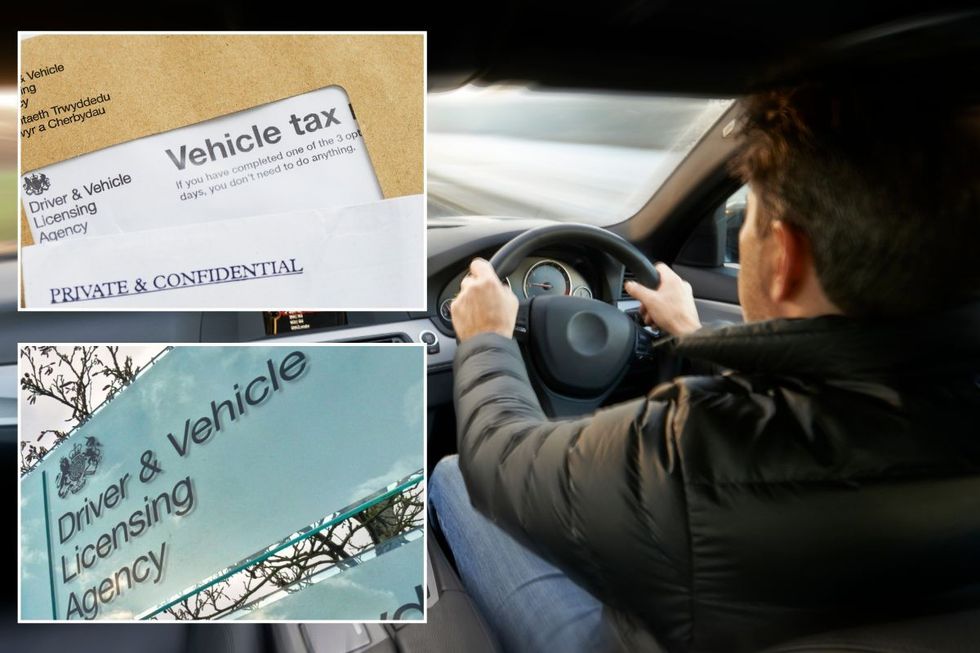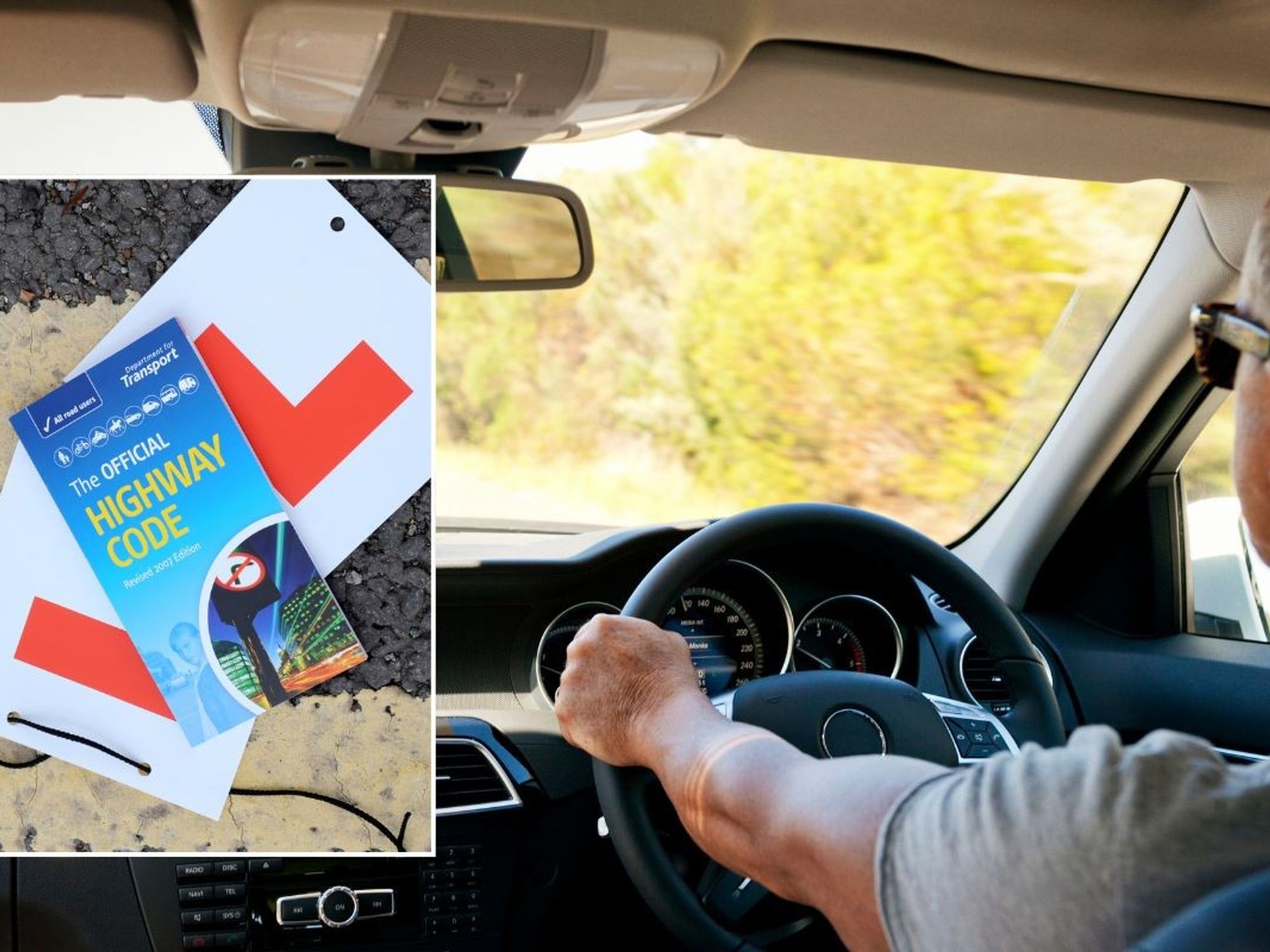DVLA announces 'vehicle tax has changed' as certain British drivers face expensive new £620 price hike
WATCH: Rachel Reeves unveils new car tax changes launching in April 2025
'Education around these tax changes is key to ensuring drivers make informed decisions about their next vehicle'
Don't Miss
Most Read
Trending on GB News
Motorists have been warned of new car tax changes introduced this month, which could see hundreds of thousands of drivers forced to pay for the first time.
Posting on social media site X, formerly known as Twitter, the Driver and Vehicle Licensing Agency (DVLA) updated Britons on the new tax rules.
The organisation announced that "vehicle tax has changed for electric and low emission vehicles" and informed drivers on how they can learn more.
From April 1, 2025, owners of electric cars, vans and motorcycles are required to pay Vehicle Excise Duty (VED) for the first time.
Do you have a story you'd like to share? Get in touch by emailingmotoring@gbnews.uk

The DVLA has taken to social media to warn drivers of new car tax changes
GETTY/DVLA
This was first announced by former Conservative Chancellor Jeremy Hunt in the 2022 Autumn Statement, adding that it would make the tax system fairer for all motorists.
The new changes were confirmed by current Labour Chancellor Rachel Reeves, alongside a raft of other changes launched at the start of the new financial year.
Any electric, zero or low emission car registered between April 1, 2017, and March 31, 2025, will now be required to pay the standard rate of £195.
Older zero emission vehicles registered between March 1, 2001, and March 31, 2017, will pay just £20 after the Government abolished the cheapest tax band.
Drivers looking to get their hands on a new electric car will pay the lowest first year rate of vehicle tax, which is set at £10. From the second tax year onwards, they will be required to pay the standard rate of £195.
Further vehicle tax changes can be seen with the introduction of the Expensive Car Supplement (ECS) for electric vehicles, which was also brought in on April 1.
This applies to vehicles with a list price of more than £40,000, with drivers required to pay £425 a year for the first five years in which the standard rate is paid.
For those looking to buy a new electric vehicle with a more expensive price tag, they could end up paying £620 per year for their road tax.
In keeping with tradition, the standard car tax rate will likely continue to rise in line with the rate of RPI inflation, potentially seeing prices increase over the coming years.
The 2024 Autumn Budget acknowledged the "disproportionate impact" of the Expensive Car Supplement on drivers looking to buy zero emission vehicles.
However, it confirmed that it would only consider making changes to the policy "at a future fiscal event", as experts call for the threshold to be hiked to around £50,000.
Mike Fazal, motoring expert and CEO at Leasing.com, commented on the new tax changes, reminding drivers to ensure they are not caught out by expensive costs.
LATEST DEVELOPMENTS:
 Campaigners have called on the Government to amend the terms of the Expensive Car Supplement PA
Campaigners have called on the Government to amend the terms of the Expensive Car Supplement PAHe added: "The shift towards electric and hybrid vehicles is undeniable, and as more manufacturers bring cost-effective EVs to market, we expect to see even greater adoption.
"However, education around these tax changes is key to ensuring drivers make informed decisions about their next vehicle."








